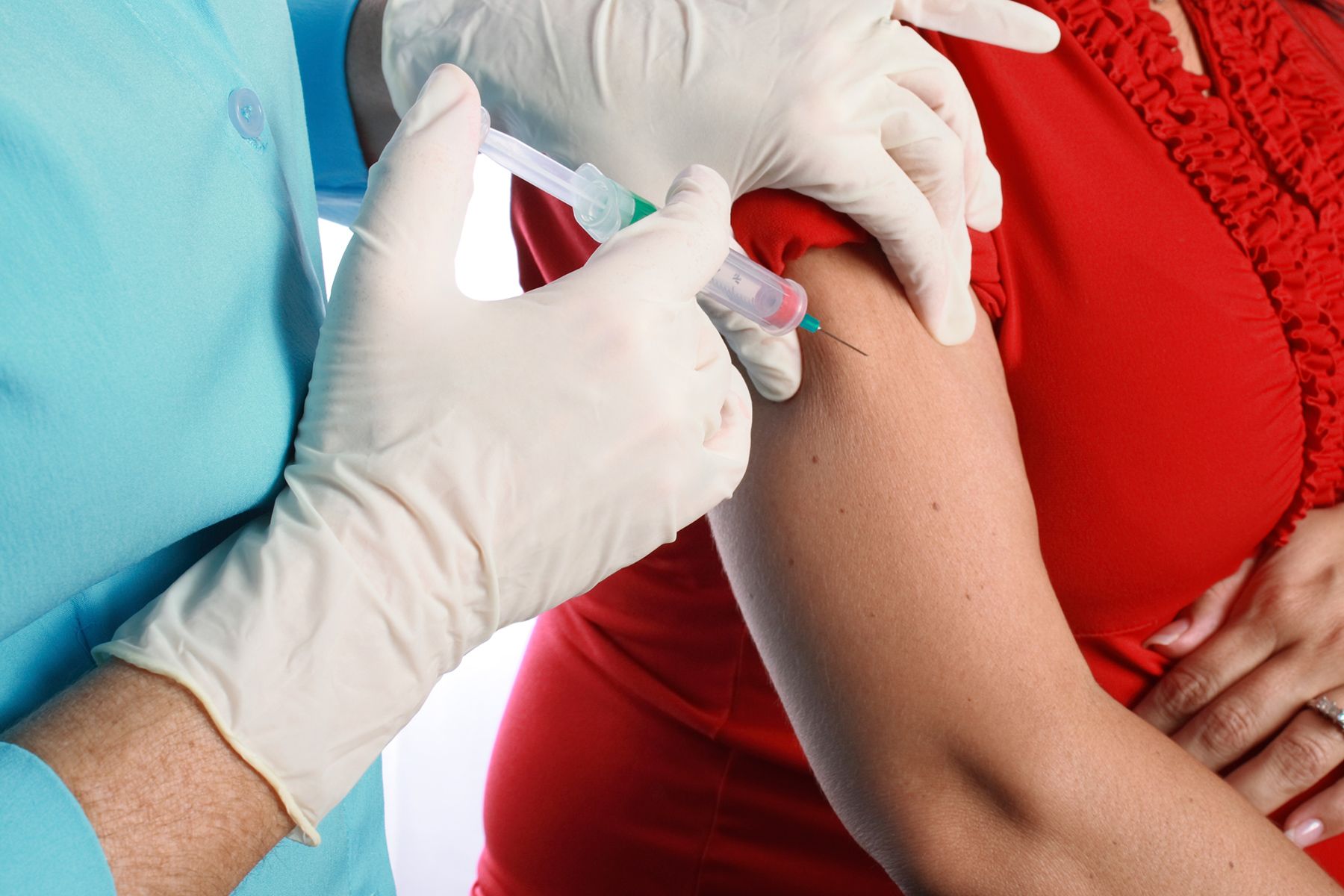
Every 1 point increase in the effort to discredit vaccines is linked to an average 2% drop in annual vaccine coverage around the world, and a 15% increase in negative tweets about vaccination, researchers found.
from WebMD Healthhttps://img.webmd.com/dtmcms/live/webmd/consumer_assets/site_images/article_thumbnails/news/2012/07_2012/h1n1_vaccine_adverse_outcome/1800x1200_h1n1_vaccine_adverse_outcome.jpg https://ift.tt/2HI8ETU
via IFTTT








0 comments:
Post a Comment